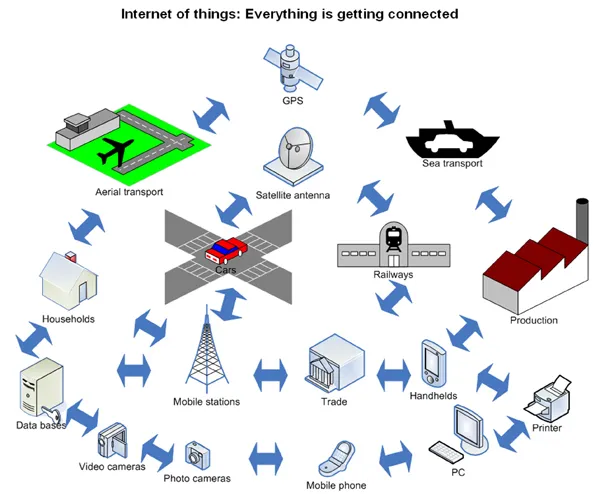ASECAP has welcomed the adoption of the European Parliament and the Council of the proposal for a directive on intelligent transport systems (ITS), laying down the framework for the deployment of ITS in the field of road transport and for interfaces with other transport modes.
“Intelligent transport systems are essential applications for motorway operators to strengthen the efficiency of their networks, to increase safety and to permanently improve the level of service provided to the European citizens,” s
May 14, 2012
Read time: 2 mins
“Intelligent transport systems are essential applications for motorway operators to strengthen the efficiency of their networks, to increase safety and to permanently improve the level of service provided to the European citizens,” said ASECAP, the European Association of tolled motorways, bridges and tunnels concessionaires.
“European motorways’ concessionaires support the proposed approach and its focus on a number of priority actions, corresponding to real-time and multi-modal information services, safety-related information, e-Call and intelligent truck parking.”
For many years, together with other stakeholders, ASECAP and its members have been involved in European ITS initiatives such as e-Call, EASYWAY, ELSA, E-Safety, Intelligent Infrastructure Cooperative Systems and many others, building a common road map for the development of ITS specifications and standards.
“The EU can only achieve its goals if the relevant stakeholders are involved from the earliest stage, thus ASECAP welcomes the new ITS legal framework and the establishment of the ITS Advisory Group and is prepared to offer its expertise as an active partner of the EU institutions,” said Kallistratos Dionelis, ASECAP Secretary General.
Rui Dias Camolino, chairman of the ASECAP Technical Committee on ITS, highlights that motorways’ concessionaires invest millions of Euros in ITS technologies to increase road safety, information services and to offer innovative services to road users.To avoid stranded investments by the EU, ASECAP and its members therefore strongly recommend – as also stated in the Directive – to ensure backward compatibility of ITS applications. Existing national ITS infrastructure and services, as well as national network characteristics, must be clearly taken into account when building the future ones






